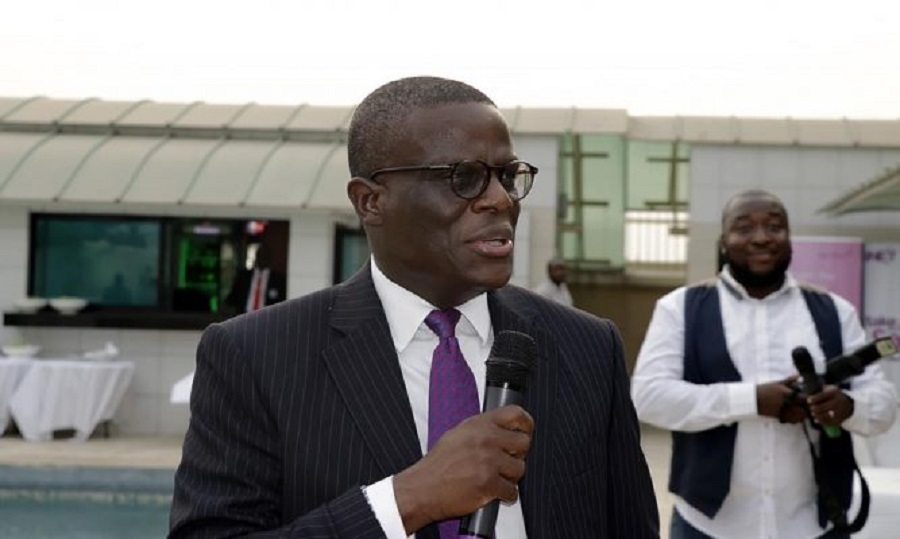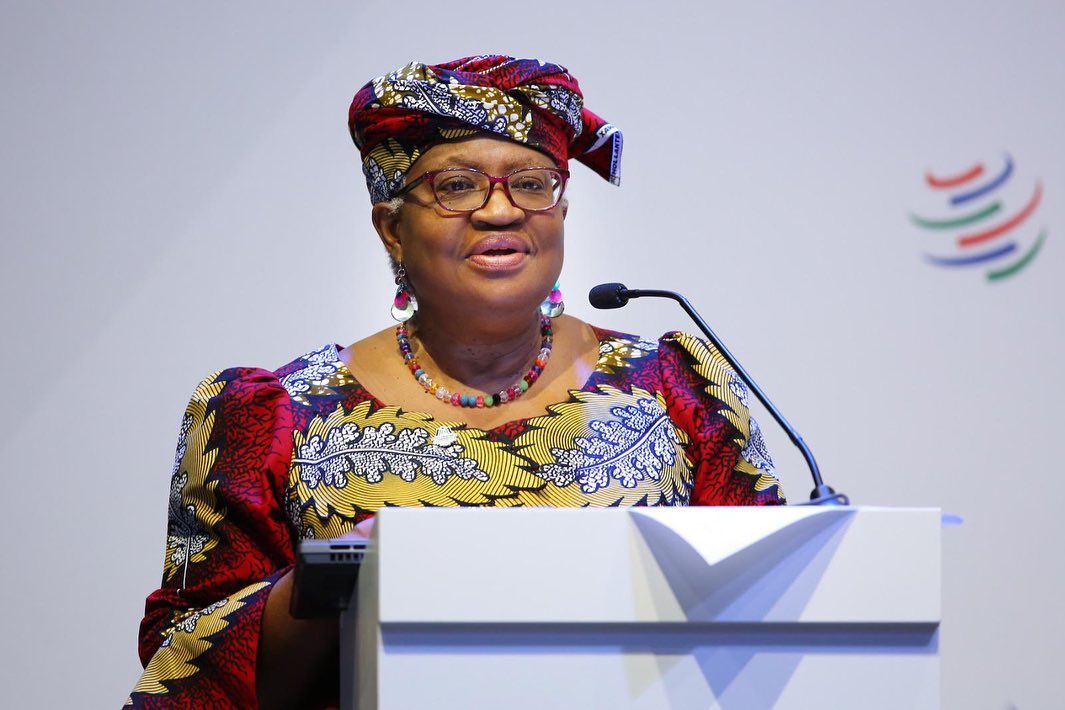OPay Nigeria’s CEO, Olu Akanmu, resigns amid company’s 5th Anniversary celebration
The CEO of OPay Nigeria, Olu Akanmu, has announced his resignation from the company after two years of assuming the position.
This is coming amid an ongoing celebration of the company’s 5th anniversary in Nigeria. Akanmu, who announced his exit from the company via a Twitter post on Monday morning did not state any reason but centered his message on the need to do more to get more Nigerians financially included.
While thanking stakeholders that had supported him at OPay, Akanmu specifically challenged the fintech community in Nigeria to deepen financial inclusion.
According to him, collaborations, public-private partnerships, and more deliberate coordination at the digital public infrastructure ecosystem layers would be critical to ensure the fintechs succeed in doing the next heavy lifting to extend the digital financial rail to the next 20 million.
Starting with gratitude to all who had supported him while he was the CEO of OPay, Akanmu said:
- “My Gratitude to all my colleagues at Opay for the good work we did together in deepening financial inclusion in Nigeria, ensuring that fewer and fewer number of our people are left behind in partaking out of the opportunities of the digital financial system.
- “Many thanks also to all our ecosystem partners and enablers who complimented us, without which we would not have been able to deliver on the lofty mission of OPay which is to “deepen financial inclusion through technology.
- “Yet there is still so much to be done collectively by us as all to ensure that no one is left behind by the modern digital financial system.
- “The lesson of the cashless or limited Cash period earlier in the year is that millions are not yet included despite the progress we have made collectively as an ecosystem.
- “For the Nigeria Fintech community, the imperative of ensuring that we serve not only the banked and underserved, but also the completely excluded which still represents at least 45% of our people should be our collective and greater patriotic mission, complementing the historic efforts of traditional players.
- “Collaborations, public-private partnerships, and more deliberate coordination at the digital public infrastructure (#dpi) ecosystem layers would be critical to ensure we succeed in doing the next heavy lifting to extend the digital financial rail to the next 20 million.”
























